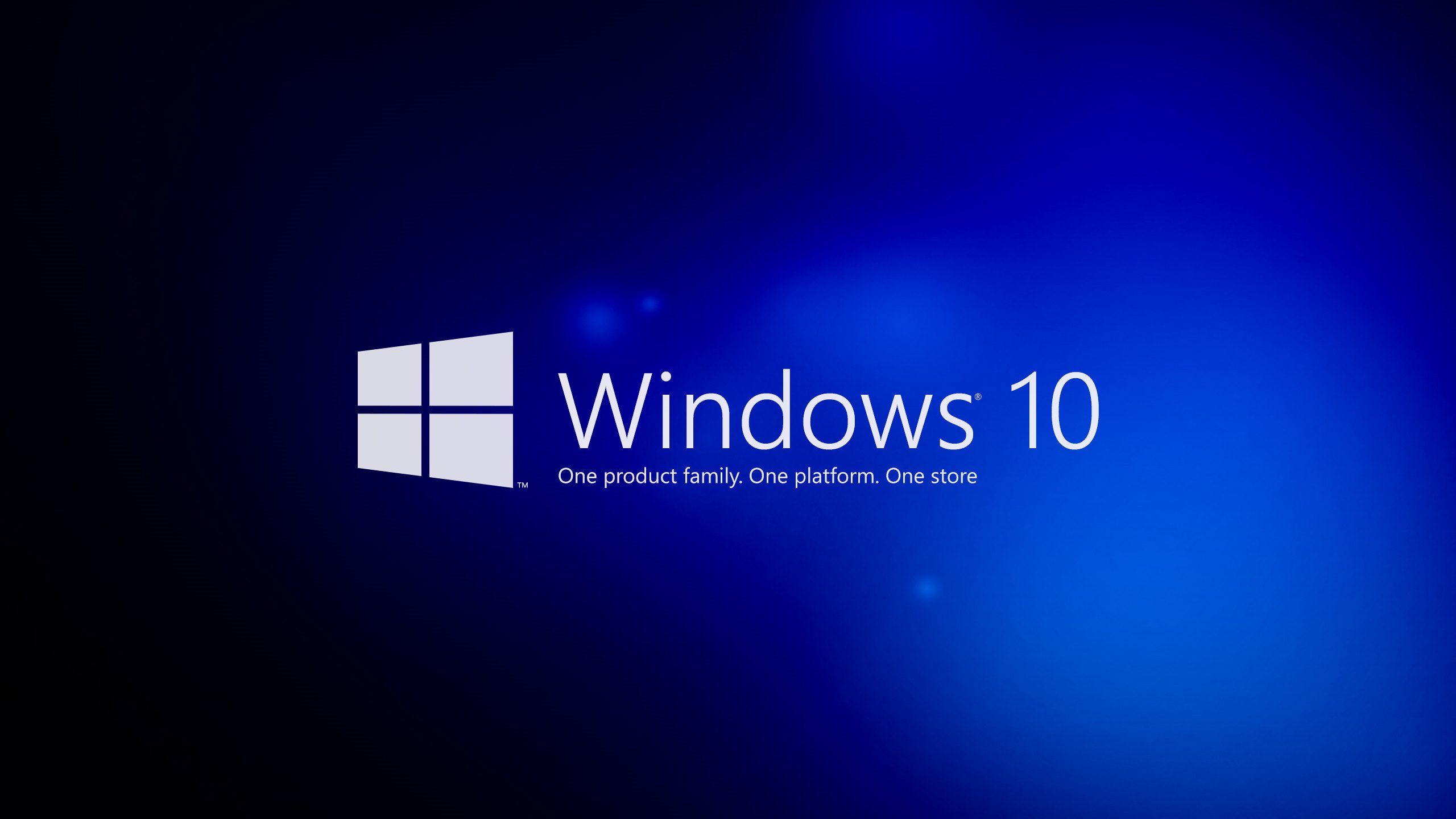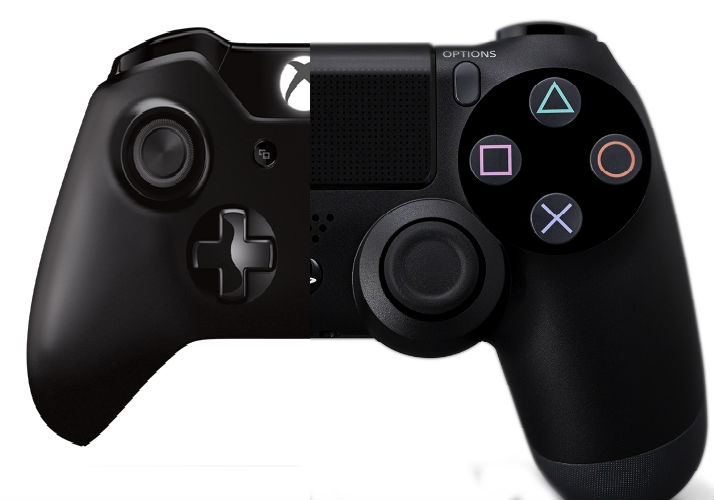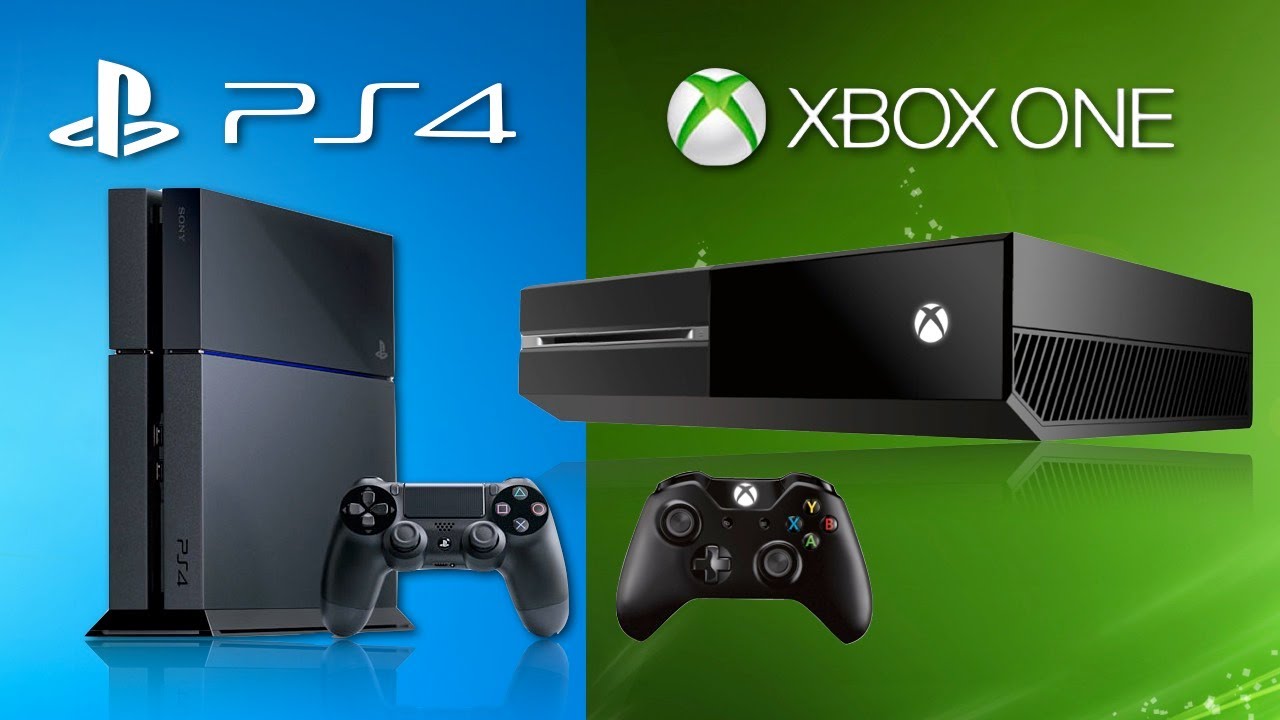The dream of full cross-platform gaming is a concept that seems appallingly obvious (imagine how much less useful your cell phone would be if it only called other phones on your network), yet for a multitude of reasons has never been completely realized.
Now there’s buzz that may not be the case much longer, when Microsoft’s Chris Carla released a statement in March indicating that not only will Xbox One to Windows 10 functionality be extended, but soon Xbox One to competing console functionality will be a possibility.
Since Microsoft has a vested interest in both Windows 10 and Xbox One dominating, it shouldn’t be much of surprise that there’s cross-platforming going on between those systems with select games. The real zinger was the clear implication that Microsoft is trying to open the floodgates in multiplayer to the PS4 legions.
Is This Even A Modern Concept?
Although it suddenly hit the spotlight, cross-platform gaming isn’t actually new. The Dreamcast had cross-platform functionality on Quake III Arena more than 15 years ago. The Final Fantasy XI MMORPG had cross compatibility between PC and PS2 more than a decade ago.
This concept isn’t even new to the current console cycle – or originated by Microsoft. War Thunder has offered crossplay from PS4 to PC since 2014.
The response from the other side after Microsoft’s surprise announcement wasn’t exactly a ringing endorsement of cross-console becoming a reality, and Sony made sure to mention they’ve been doing Playstation to PC titles for a good long time now. GameSpot.com reported this quote from Sony:
“PlayStation has been supporting cross-platform play between PC on several software titles starting with Final Fantasy XI on PS2 and PC back in 2002. We would be happy to have the conversation with any publishers or developers who are interested in cross-platform play.”
 A little late to the party there, Microsoft!
A little late to the party there, Microsoft!
Who Does This Help?
On the Microsoft side, it seems like a clear attempt to revive interest in the Xbox One. If cross-platform is implemented to a widespread degree, then you can have your cake and eat it too. You get your Halo and your Quantum Break and your Gears Of War 4 exclusives, and you can join a match of whatever non-exclusive multiplayer title has got people buzzing lately.
On the other hand, if there’s less to make either console distinct, there’s less reason to go one way or the other, so in the end, cross-platform play may be a wash on the sales boosting front. It potentially helps Microsoft, but doesn’t seem to offer much to Sony, which is ahead on the console sales front.
There’s another clear boon for Microsoft though, as one consequence of cross-platform play will be encouraging everyone to stay on a similar operating system. For instance, to cross-platform games from Xbox One to PC you must have Windows 10 and Xbox Live.
Controller sales may also get a slight bump, since there will be incentive to have two Xbox One controllers if you plan to cross-play a game with a family member in the same home: one using the Xbox One, the other using a PC with an Xbox controller.
 Haven’t upgraded yet? You have to if you want to compete against Xbox One players.
Haven’t upgraded yet? You have to if you want to compete against Xbox One players.
What Does Cross-Platform Mean For The Games?
If it actually becomes widespread, this “let’s all get along” philosophy could obviously lead to fewer exclusives since gamers will come to expect the ability to play with friends regardless of console.
In the short term it might mean more work for developers, since they have to be on board with supporting multiplayer between the systems. It doesn’t matter whether the functionality exists or not if no one on the development side is taking advantage of it. But in the long term, this could actually be a boon for developers, as hardware comes more in line to offer support between the various platforms. Larger player bases are also good for publishers and developers, since it potentially means more in-game purchases.
What should be getting gamers excited by this prospect (beyond the obvious of playing with your friends, regardless of which console you own), is how this might extended the life of multiplayer for any given game. If the pool of people to play with is larger, people are going to keep playing longer.
There are plenty of games on the Xbox 360 containing multiplayer-based achievements that are simply no longer unlockable because there aren’t enough people still joining matches. That life period gets an extension if you effectively double the pool of players.
Pros And Cons
Cross-platform playing also has the possibility to erase a practice that is pretty much universally reviled among gamers.
Think of the hodge-podge of exclusive bonus content across various platforms and even from different retailers that exist now, or the timed exclusives where one console gets the DLC earlier. In a fully cross-platform universe, that all goes away, which is good for gamers everywhere.
Don’t get your hopes too high, though. As a realist, I can’t help but think publishers are already cooking up new and inventive cross-platform ways to screw over the consumers. Imagine a scenario where a publisher might push a developer to make certain content only unlockable if you have both console versions, or manage to complete X number of rounds against a cross-platform opponent.
A very real scenario to consider that won’t go over well with everyone is the potential dumbing down of games to accommodate cross-console play. If you want a title to play well and at a decent frame rate on both systems, corners have to be cut as the hardware is not equal on all systems.
Continuing that cell phone analogy, cross-platform may impact the changing console landscape as both Microsoft and Sony gear up to officially announce their “.5” editions. It seems like we’re moving away from decade-long consoles cycles and moving into something akin to a cell phone plan, with hardware upgrades arriving every two years or so.
Of course the new big hardware developments are VR and 4K televisions, which people will have more incentive to buy if the consoles require them and you can play with your buddies regardless of what console they are using.
Where Does This All Lead?
Taken to its logical (although perhaps unlikely) extreme, in the long term, complete cross-platform compatibility might mean a clear winner in the never-ending console war, with one blended device finally arriving and one company taking the subservient role.
That’s speculation for down the line, however. While sales have lagged behind Sony, I doubt Microsoft is ready to wave the white flag and ditch the console business anytime soon.
So what does the cross-play move really mean? At the moment, not much. There’s a lot of bluster and hype, but it will be some time before anything actually comes of it, if it does at all.
At best, we can hope to play a few rounds of Rocket League or Call Of Duty with friends this cycle between the consoles. Time will tell if cross-platform manages to take hold from there.








Published: May 2, 2016 12:43 pm